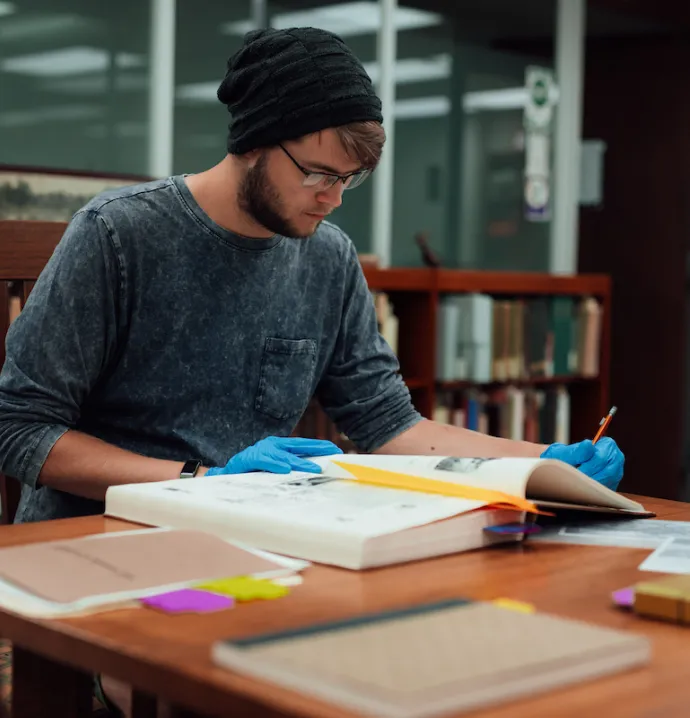UNI Physics leads $1 million NSF grant to advance quantum research
UNI Physics leads $1 million NSF grant to advance quantum research
CEDAR FALLS, Iowa – The University of Northern Iowa Department of Physics has been awarded a $340,000 grant from the National Science Foundation (NSF) to lead a collaborative research project exploring the magnetic properties of advanced materials with potential applications in quantum technologies.
The highly competitive award supports a project led by UNI physicist Pavel Lukashev, principal investigator, with Paul Shand serving as a co-principal investigator. UNI is the lead institution, partnering with researchers from South Dakota State University and the University of Virginia. The overall award for the three institutions is over $1 million. The grant period begins Oct. 1.
The research centers on topological magnetic materials, which behave differently from ordinary magnets by forming unusual magnetic patterns that are naturally stable. Because of this, they could become the building blocks for future technologies like quantum computing and advanced data storage.
The team will focus on a group of compounds known as Heusler alloys – metal mixtures that are relatively easy to make and adjust for different magnetic properties.
“NSF research grants are extremely competitive, especially for institutions that are not major research centers,” Lukashev said. “Our work combines experimental and theoretical approaches to advance quantum science with a focus on novel magnetic compounds, while also giving UNI students hands-on experience at the forefront of research.”
In addition to its scientific impact, the project will provide students at UNI with valuable opportunities to participate in cutting-edge quantum research, publish in premier scientific journals, and present their research at major international conferences – experiences that prepare the next generation of scientists and engineers.
The materials we study offer an exciting platform for discovering new topologically protected phases,” said Shand, professor of physics and department head. “This award highlights UNI’s strength in physics and our ability to contribute meaningfully to national research priorities.”
The project’s long-term goal is to identify new materials with robust magnetic structures that could serve as reliable building blocks for future quantum technologies.




